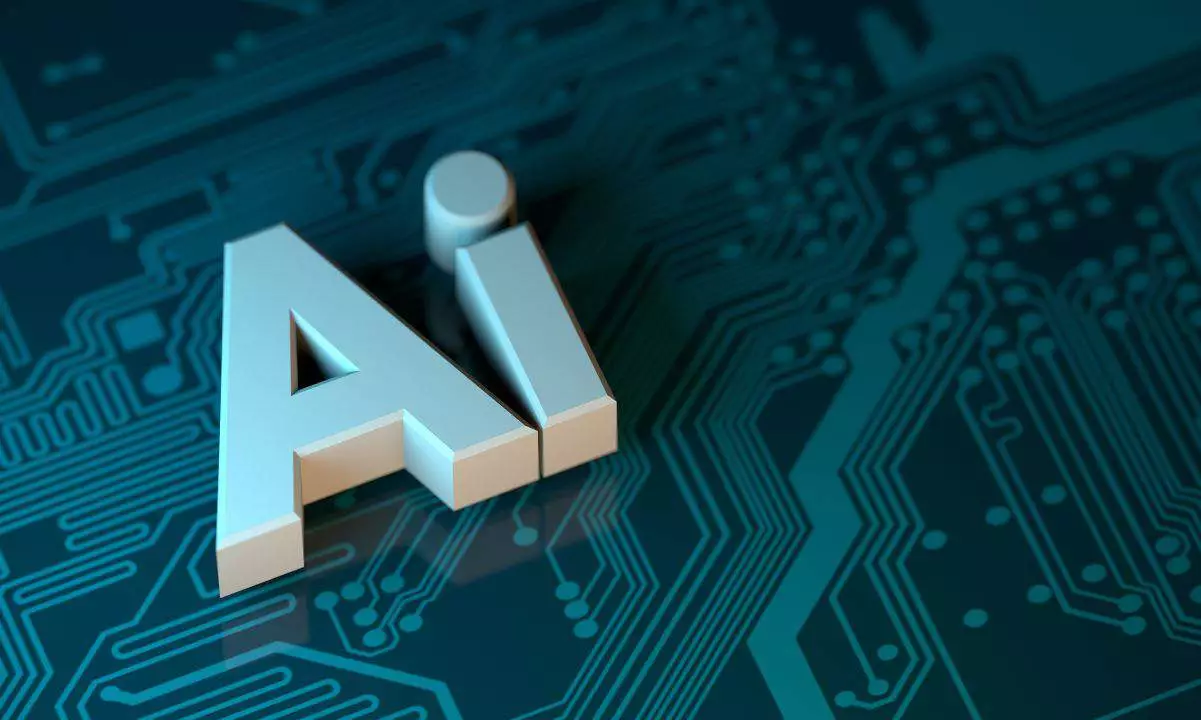Bitwise, a U.S. spot Bitcoin ETF issuer, recently made a bold prediction at an annual Consensus conference in Austin. The company stated that the combined forces of the cryptocurrency industry and artificial intelligence (AI) could potentially inject a staggering $20 trillion into the global GDP by the year 2030. This forecast has sparked conversations among industry leaders about the future of blockchain technology, regulation, and the vast field of AI.
One of the key discussions at the conference focused on the emerging partnership between Bitcoin mining and AI. The rapid growth in the AI sector has propelled companies like Nvidia to the forefront of the tech industry, with the chipmaker’s market cap surpassing $3 trillion. This growth has led to an increased demand for data centers and AI chips, with major cloud companies like Amazon, Google, Meta, and Microsoft projected to spend nearly $200 billion on data center expansions in 2025 alone.
Addressing the Data Center Shortage
However, the rapid pace of AI development has also led to a shortage of data centers, which are essential for storing the massive amounts of data required to drive AI applications. Bitcoin miners, known for their advanced infrastructure designed for high-volume data processing and storage, are uniquely positioned to help alleviate this shortage. For example, AI cloud provider CoreWeave made headlines when it offered to acquire Bitcoin miner Core Scientific for $1.6 billion. Core Scientific also announced a $3.5 billion agreement to host CoreWeave’s AI services in its data centers over the next 12 years.
According to PricewaterhouseCoopers (PwC), the integration of AI and cryptocurrency could potentially add $15.7 trillion and $1.8 trillion to the global economy by 2030, respectively. While these figures add up to $17.5 trillion, the synergistic effect of their integration could drive this combined value to $20 trillion or even beyond. The collaboration between AI and crypto extends beyond immediate applications in data storage and processing, with long-term potential in areas like information validation.
AI has revolutionized content creation, but it has also raised concerns about authenticity and bias. Public blockchains offer a solution by providing a verifiable ledger for digital content. Startups like Attestiv are leveraging blockchain technology to create digital fingerprints for videos, ensuring their authenticity by comparing them to an original, immutable record. This innovation could play a crucial role in combating the proliferation of deep fakes and misinformation in the digital space.
In addition to information validation, the integration of AI and cryptocurrency holds promise in enhancing the functionality of virtual assistants. By combining AI assistants with smart contracts and digital currencies like Bitcoin, virtual assistants could perform complex transactions quickly and securely. This could revolutionize the way virtual assistants interact with users and simplify the execution of a wide range of tasks.
The collaboration between AI and cryptocurrency has the potential to reshape the global economy and drive significant growth in the coming years. By leveraging the strengths of both industries and exploring innovative applications, businesses can unlock new opportunities for economic advancement and technological development.














